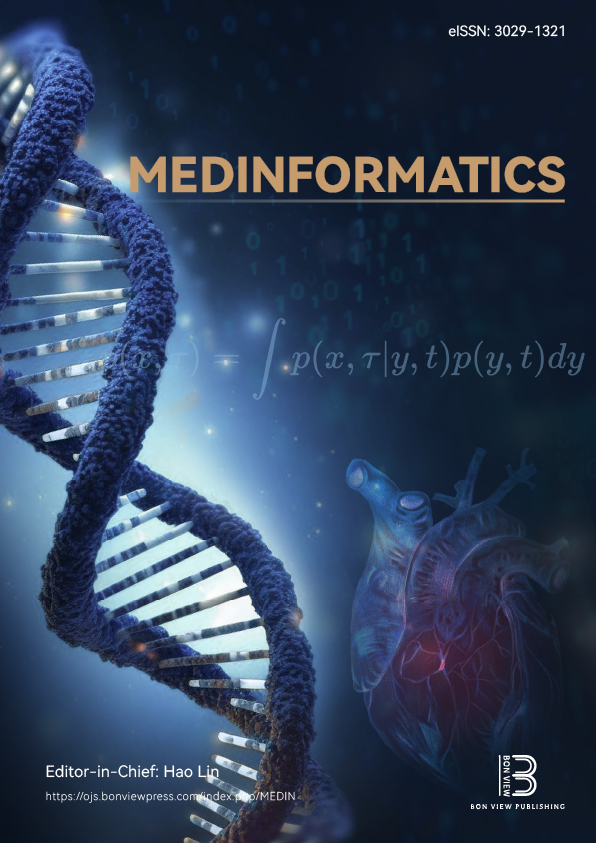Wearable Technology Revolution: Improving Health Monitoring and Well-Being
DOI:
https://doi.org/10.47852/bonviewMEDIN52025592Keywords:
artificial intelligence, data privacy, health monitoring, personal wellness, smart wearables, biometric sensors, telemedicineAbstract
Advancements in medical health monitoring are significantly driven by the integration of smartwatches, fitness trackers, and sensor-embedded apparel. This review analyzes recent developments in wearable technology catering to both personal and business markets, enabling instantaneous monitoring of body metrics while seamlessly tracking movement and rest patterns. The utilization rate of fitness trackers has reached 86%, while accelerometer-based wearable devices account for 49% of usage among consumers. This review also synthesizes findings from various studies to assess the impact of wearable technology on health monitoring. However, the research identifies technical limitations such as latency issues in sensor data fusion algorithms that can affect real-time analysis and vulnerabilities in privacy protection mechanisms that may compromise user data security. Globally available devices powered by machine learning technology assist users in monitoring their health status, culminating in personalized lifestyle guides that facilitate improved health evaluations. The essential role of wearables was vividly demonstrated in public health during the COVID-19 pandemic through contact tracing and symptom monitoring initiatives. This paper emphasizes the ethical aspects of data privacy alongside an evaluation of the effects of continuous health tracking on personal decision-making processes. A majority of users (95%) engage in step counting; among them, 55% also track heart rate data, and 51% monitor sleep duration. The review reveals that 73% of users wear their devices on their wrists and 63.5% of devices have prices below 200 euros, which equates to US$228. This review discovers insufficient points in wearable technology while exploring ways to apply recent innovations for better health monitoring and public health efforts, which strengthen personal healthcare choices using data-based insights.
Received: 4 March 2025 | Revised: 7 May 2025 | Accepted: 4 November 2025
Conflicts of Interest
The author declares that she has no conflicts of interest to this work.
Data Availability Statement
The data that support the findings of this study are available upon request from the corresponding author.
Author Contribution Statement
Prerna Mehta: Conceptualization, Methodology, Software, Validation, Formal analysis, Investigation, Resources, Data curation, Writing – original draft, Writing – review & editing, Visualization, Supervision, Project administration.
Downloads
Published
Issue
Section
License
Copyright (c) 2025 Author

This work is licensed under a Creative Commons Attribution 4.0 International License.


